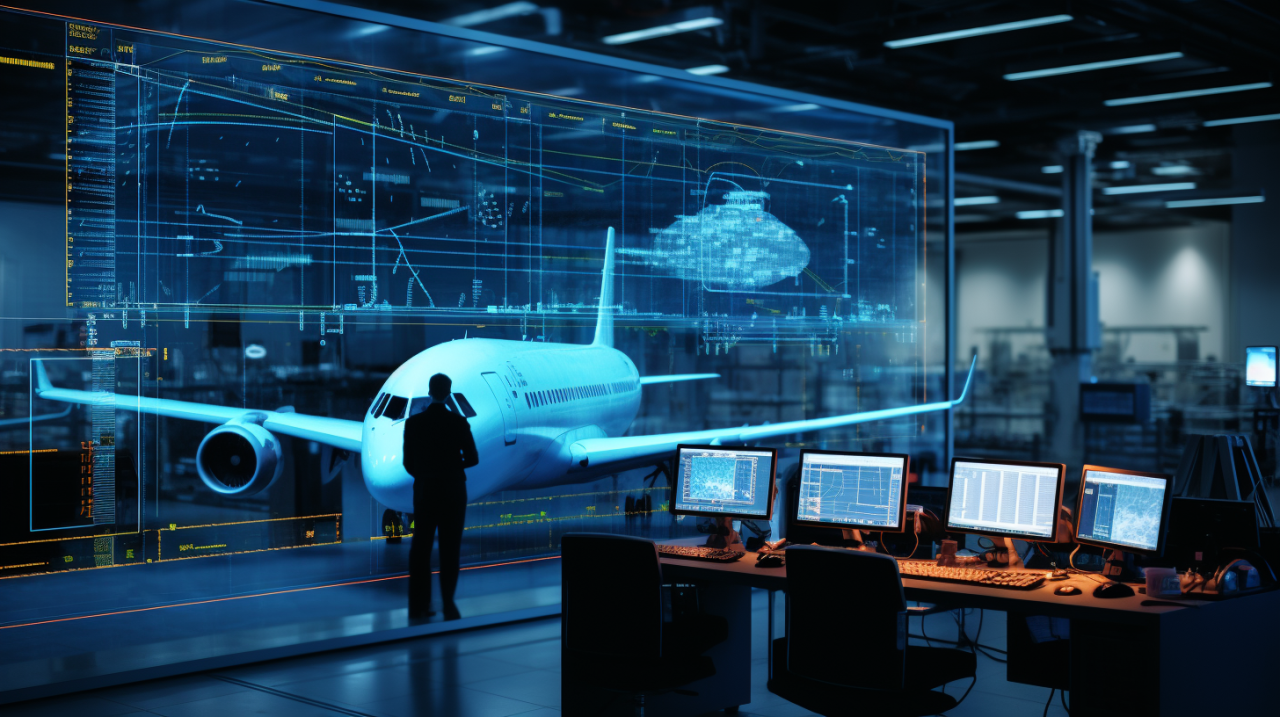In the ever-evolving field of aerospace technology, the integration of AI in spacecraft navigation is transforming the way we explore the cosmos. The ability of artificial intelligence to process vast amounts of data and make real-time decisions is revolutionizing space travel, providing new opportunities for discovery and exploration.

The Role of AI in Modern Spacecraft
The use of AI in spacecraft is not just a futuristic concept; it’s already a reality. From autonomous navigation to real-time data analysis, AI is enhancing the capabilities of spacecraft, making them more efficient and effective. This technology is crucial for missions that involve complex maneuvers and require precise calculations.
Autonomous Navigation
One of the most significant contributions of AI is in autonomous navigation. This allows spacecraft to make decisions without human intervention, which is essential for long-duration missions where real-time communication with Earth is not possible. By utilizing AI, spacecraft can navigate through space with greater accuracy, avoiding obstacles and optimizing their paths.
Data Processing and Analysis
AI is also transforming how data is processed and analyzed on spacecraft. With the ability to handle vast amounts of data, AI systems can quickly identify patterns and anomalies, providing valuable insights to mission controllers. This capability is crucial for scientific missions that require extensive data analysis.
Challenges and Opportunities
While the integration of AI in spacecraft navigation presents numerous opportunities, it also comes with challenges. Ensuring the reliability and safety of AI systems is paramount, especially in environments as unpredictable as space. However, with continued advancements in AI technology, these challenges are being addressed, paving the way for more sophisticated and capable spacecraft.
Ensuring Reliability
To ensure the reliability of AI systems in space, rigorous testing and validation processes are implemented. These systems must be able to operate in harsh conditions and adapt to unexpected situations. Advances in machine learning and neural networks are helping to improve the robustness of AI systems, ensuring they can handle the demands of space travel.
Expanding Horizons
The opportunities presented by AI in spacecraft navigation are vast. From exploring distant planets to conducting deep space missions, AI is opening new frontiers in space exploration. By enabling more efficient and autonomous spacecraft, AI is helping us to push the boundaries of what is possible.
AI and the Future of Space Travel
As we look to the future, the role of AI in spacecraft navigation will continue to grow. With ongoing advancements in AI technology and its increasing integration into spacecraft systems, the possibilities for space exploration are expanding. From enhancing mission efficiency to enabling new discoveries, AI is set to play a pivotal role in the future of space travel.
Enhancing Mission Efficiency
With AI, spacecraft can operate more efficiently, maximizing the use of resources and minimizing risks. This efficiency is crucial for missions with limited resources, such as those exploring distant planets or traveling to the far reaches of our solar system.
Enabling New Discoveries
AI is also enabling new discoveries by providing more accurate and comprehensive data analysis. With the ability to process data in real-time, AI systems can identify new phenomena and provide insights that were previously impossible. This capability is essential for scientific missions that aim to uncover the mysteries of the universe.
Conclusion
In conclusion, the integration of AI in spacecraft navigation is revolutionizing the field of aerospace technology. By enhancing the capabilities of spacecraft and enabling new opportunities for exploration, AI is helping us to explore the cosmos in ways that were once unimaginable. As technology continues to advance, the role of AI in space travel will only become more significant, paving the way for a new era of discovery and exploration.

FAQ Section
How is AI changing space exploration?
AI is changing space exploration by providing autonomous navigation, real-time data analysis, and enhanced mission efficiency, making it possible to explore new frontiers and conduct more complex missions.
What are the benefits of AI in spacecraft navigation?
The benefits of AI in spacecraft navigation include increased accuracy, the ability to operate autonomously, and improved data processing capabilities, all of which contribute to more efficient and effective space missions.
What challenges does AI face in space navigation?
AI faces challenges in space navigation, such as ensuring reliability and safety in harsh environments, adapting to unexpected situations, and handling the demands of long-duration missions.

